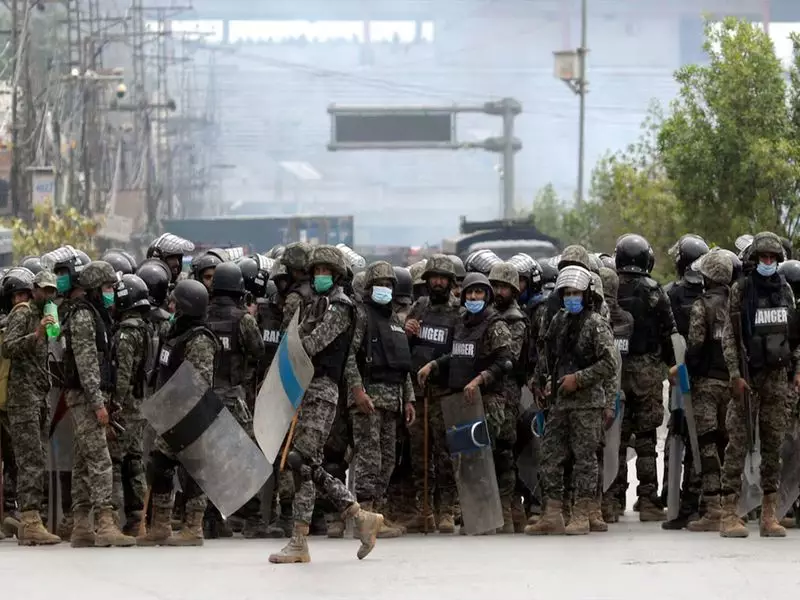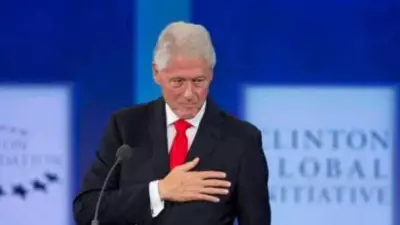
In a decisive move to quell escalating violence, the Pakistani government has officially banned the Tehreek-e-Labbaik Pakistan (TLP) under the country's stringent anti-terrorism legislation. This action comes after days of widespread protests that turned deadly across multiple cities.
Nationwide Chaos Precipitates Government Action
The interior ministry notification cited the organization's involvement in activities that endangered public safety and created nationwide chaos. The TLP's recent protest campaign resulted in multiple casualties, including the tragic deaths of two police officers, and brought major cities to a standstill.
Leadership Arrests and Asset Freeze
Authorities have moved swiftly against the group's leadership, arresting key figures including TLP chief Hafiz Saad Hussain Rizvi. The government has initiated a comprehensive crackdown that includes:
- Freezing all TLP bank accounts and financial assets
- Seizing properties and offices linked to the organization
- Banning all forms of media coverage and publicity for the group
- Preventing any public gatherings under the TLP banner
From Political Party to Banned Entity
This represents a significant fall from grace for the TLP, which had emerged as a potent political force in recent years. The group gained prominence through its strong stance on blasphemy laws and religious issues, securing substantial votes in general elections.
However, their increasingly confrontational tactics and repeated clashes with law enforcement have now led to their designation as a terrorist organization. Security forces have been deployed in strength across major urban centers to prevent any resurgence of violence.
International Implications and Domestic Stability
The ban comes at a critical time for Pakistan, which has been working to improve its international standing regarding counter-terrorism efforts. The government's firm action signals its commitment to maintaining law and order, even when facing pressure from religious hardliners.
As the situation develops, authorities remain on high alert, with additional security measures implemented around sensitive government installations and diplomatic zones. The coming days will be crucial in determining whether this ban successfully contains the threat posed by the now-outlawed organization.





